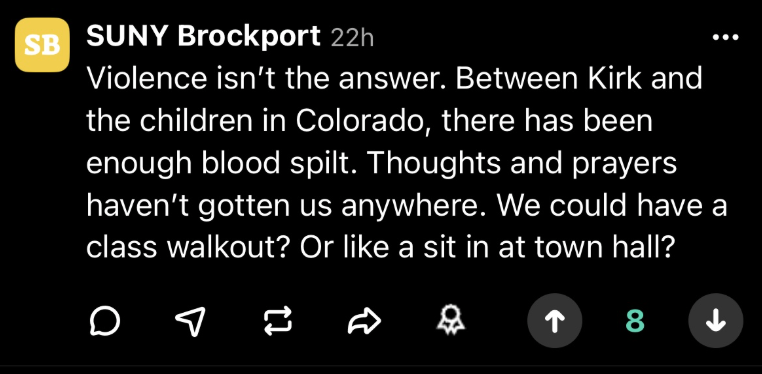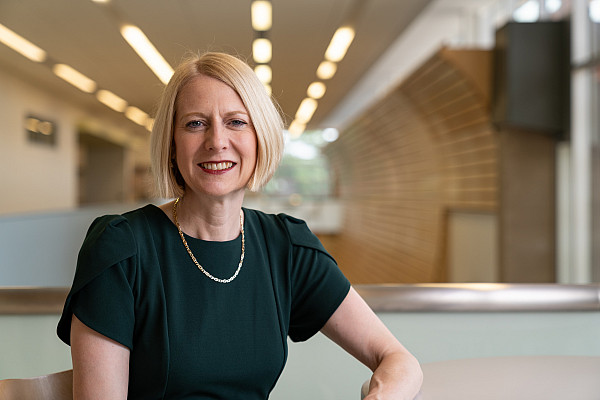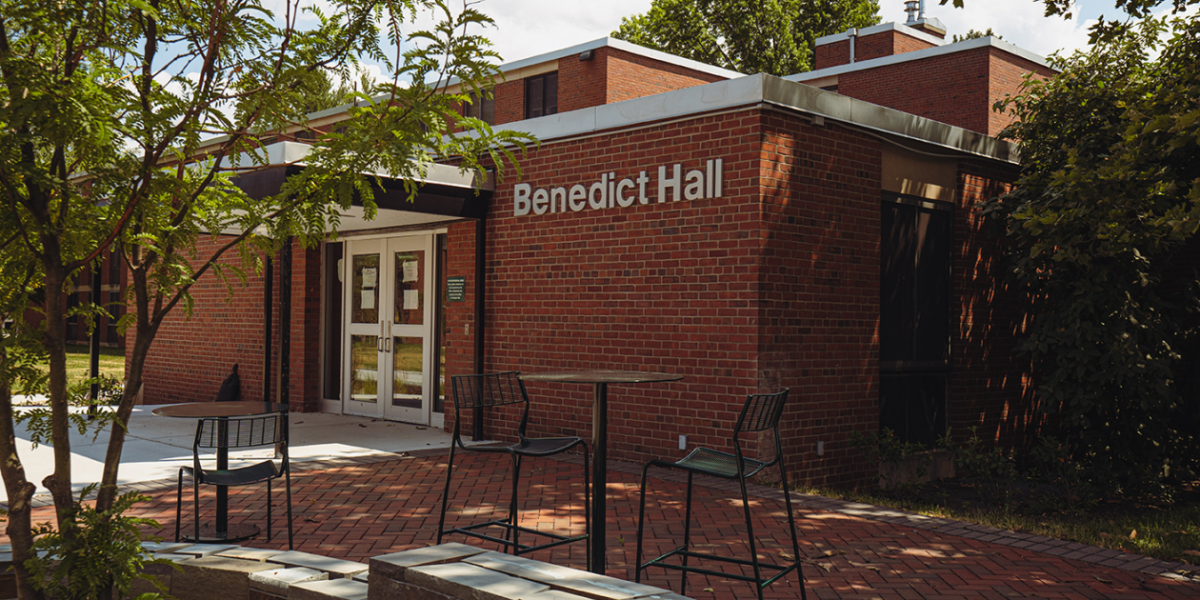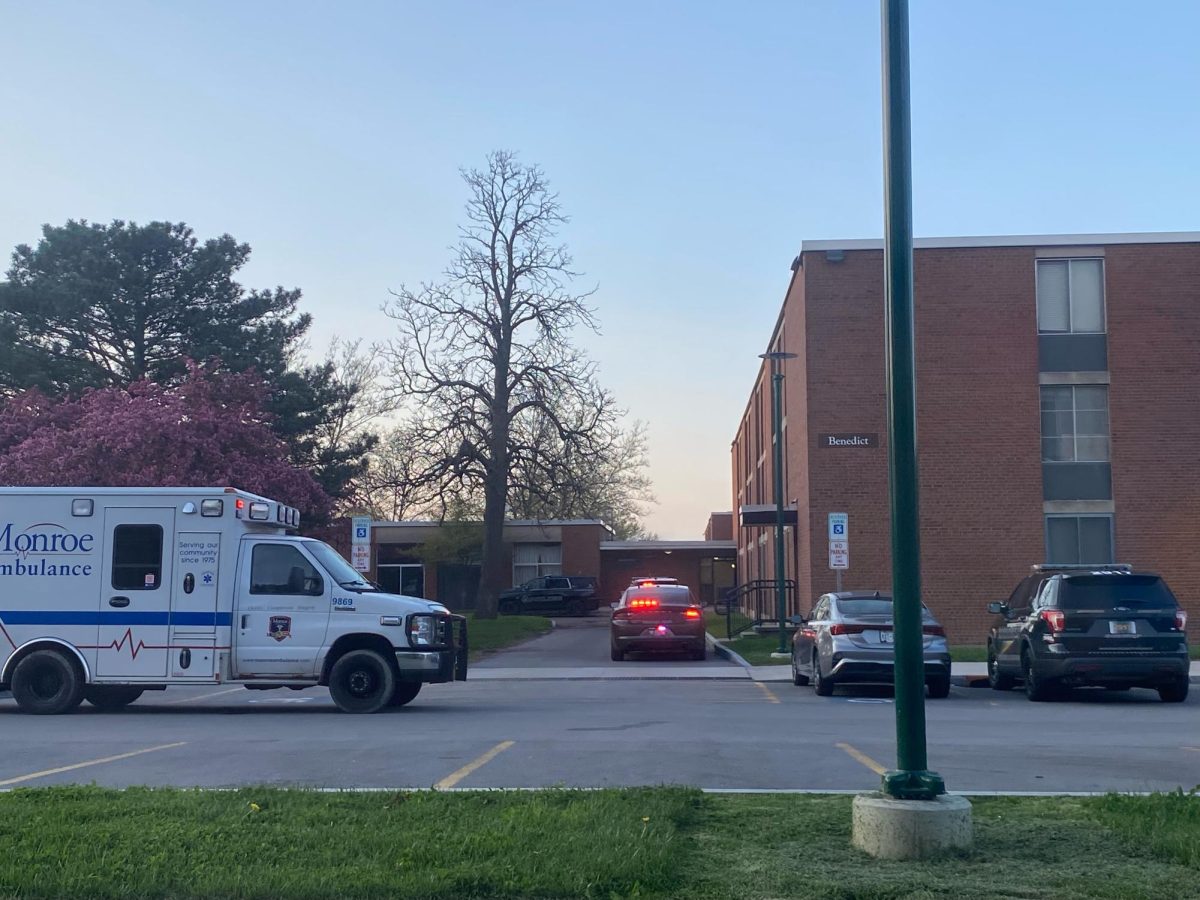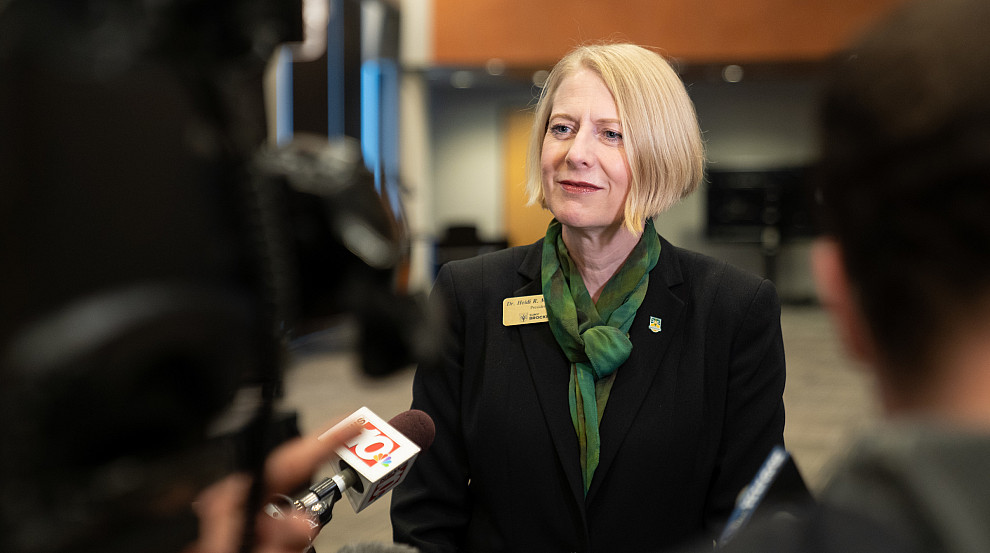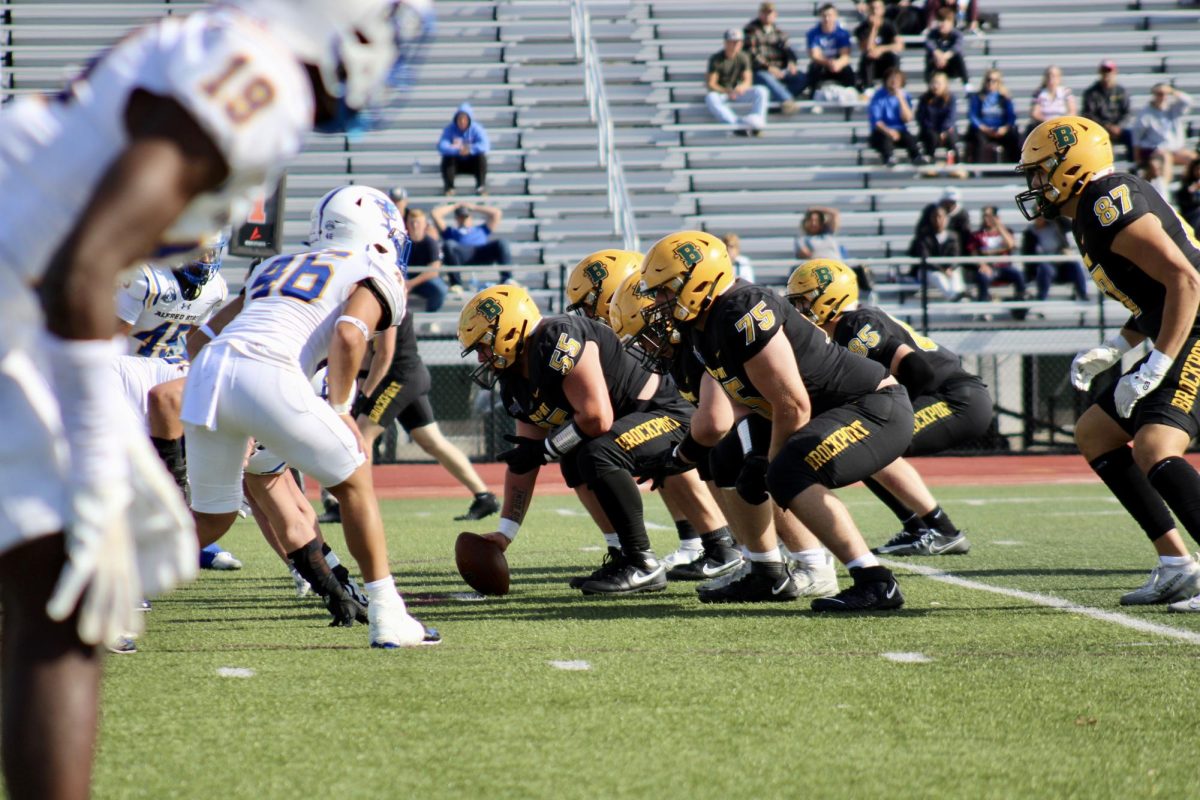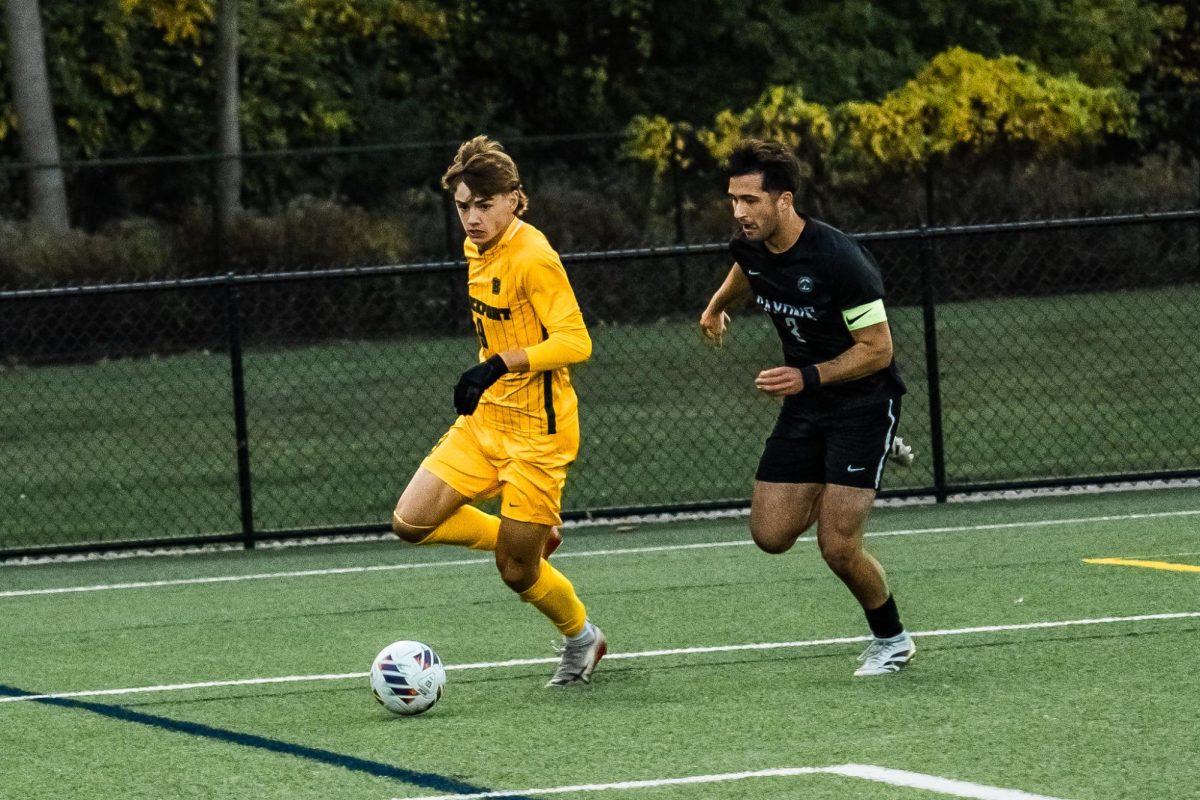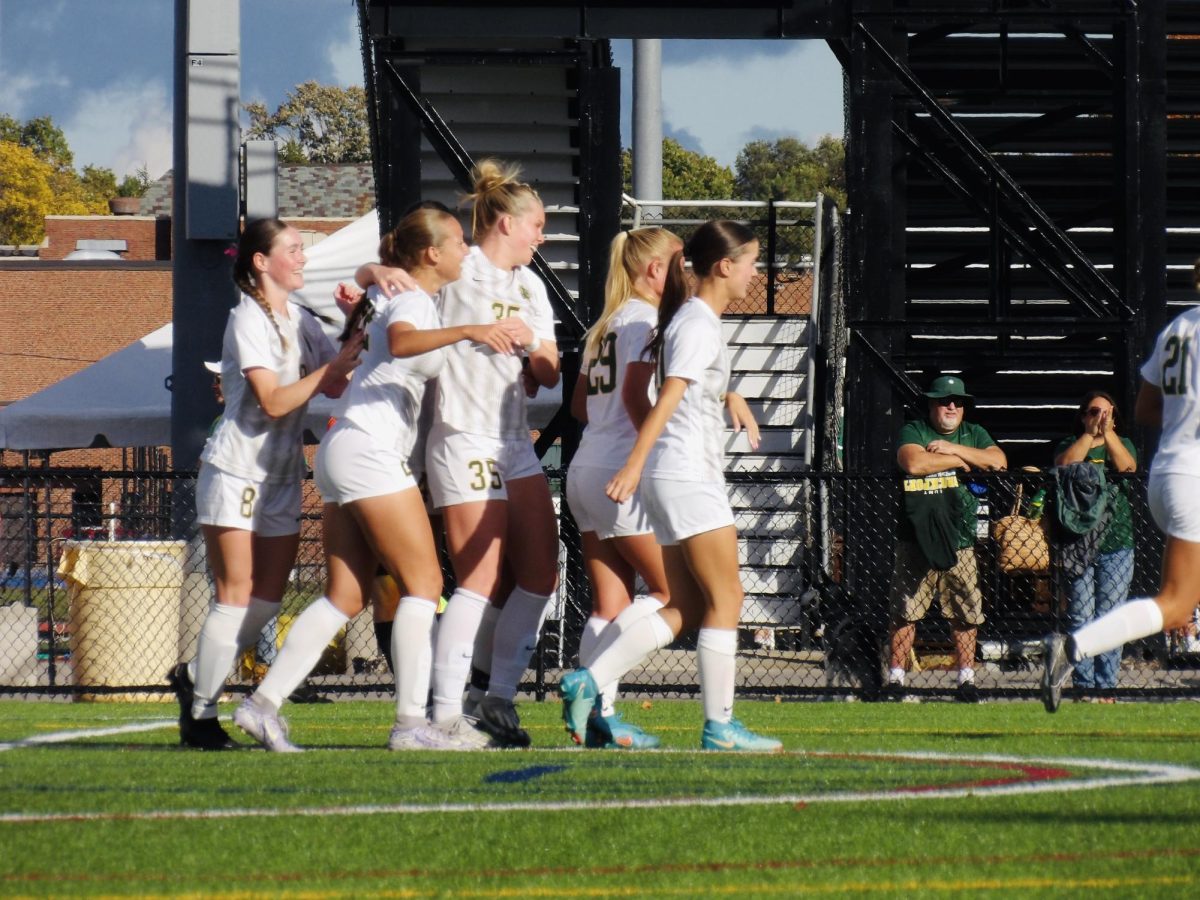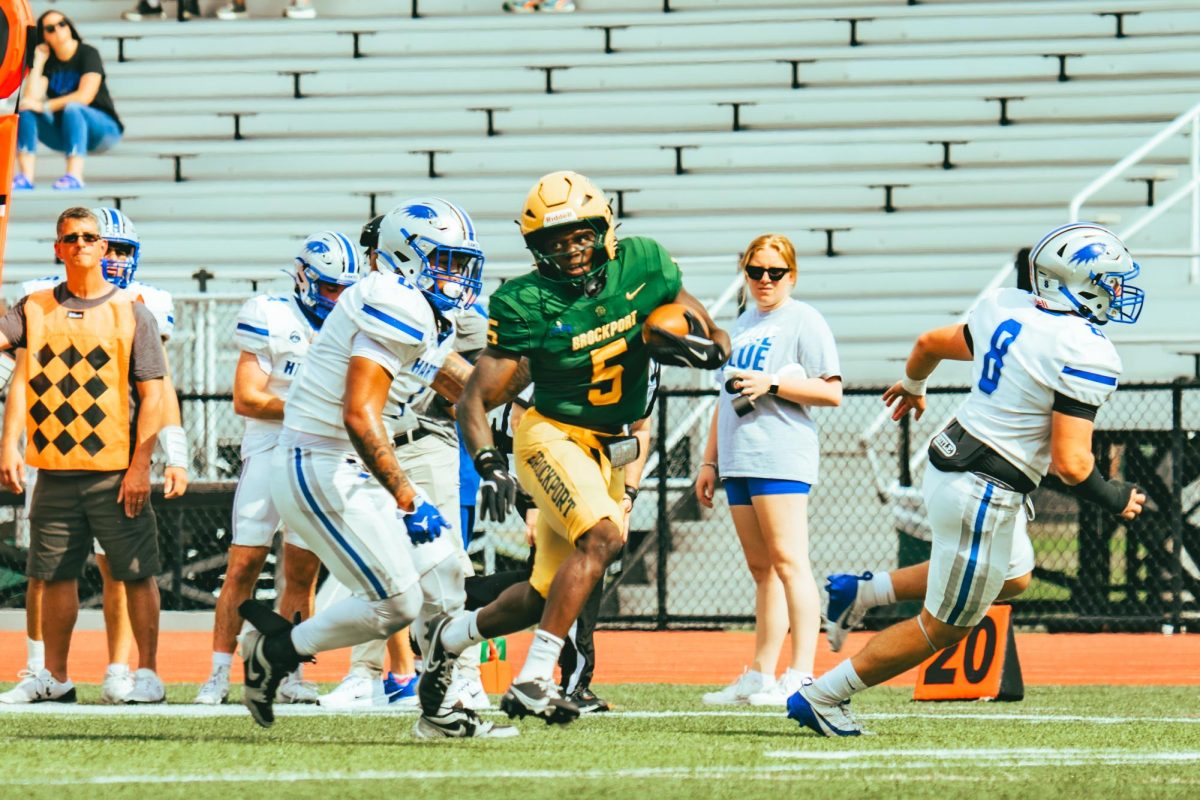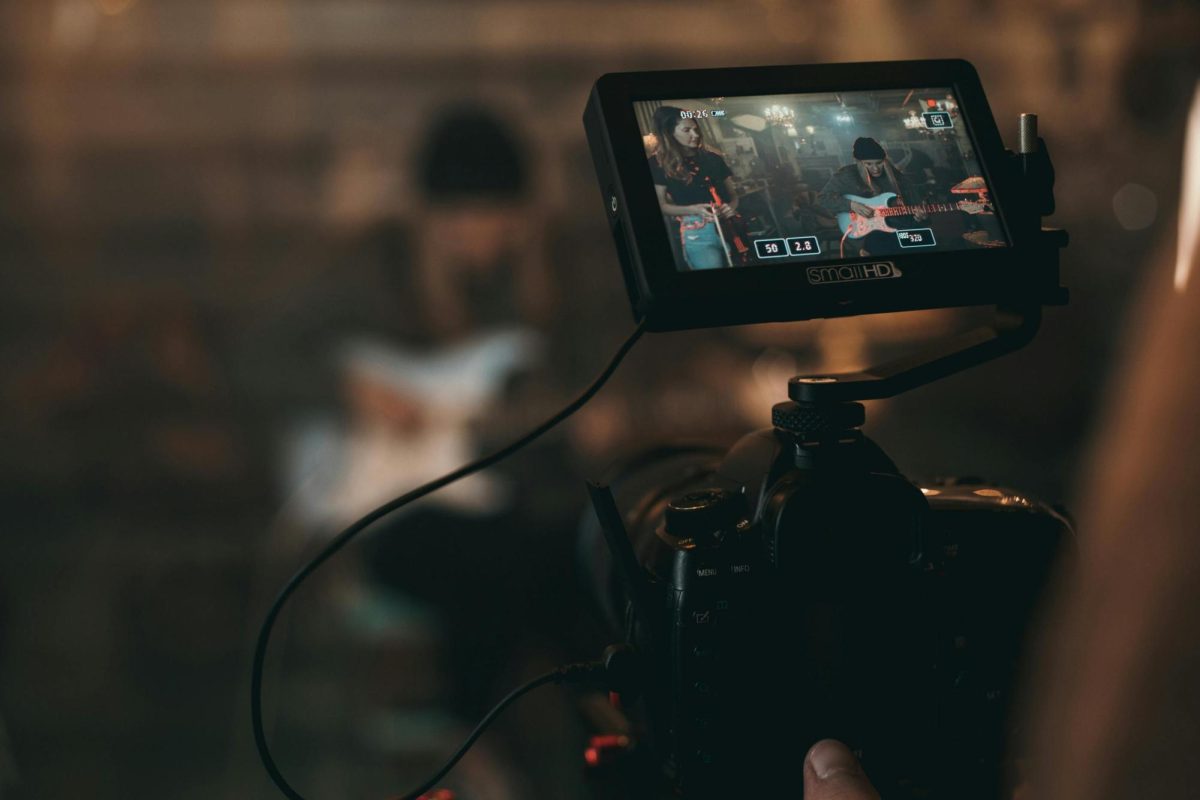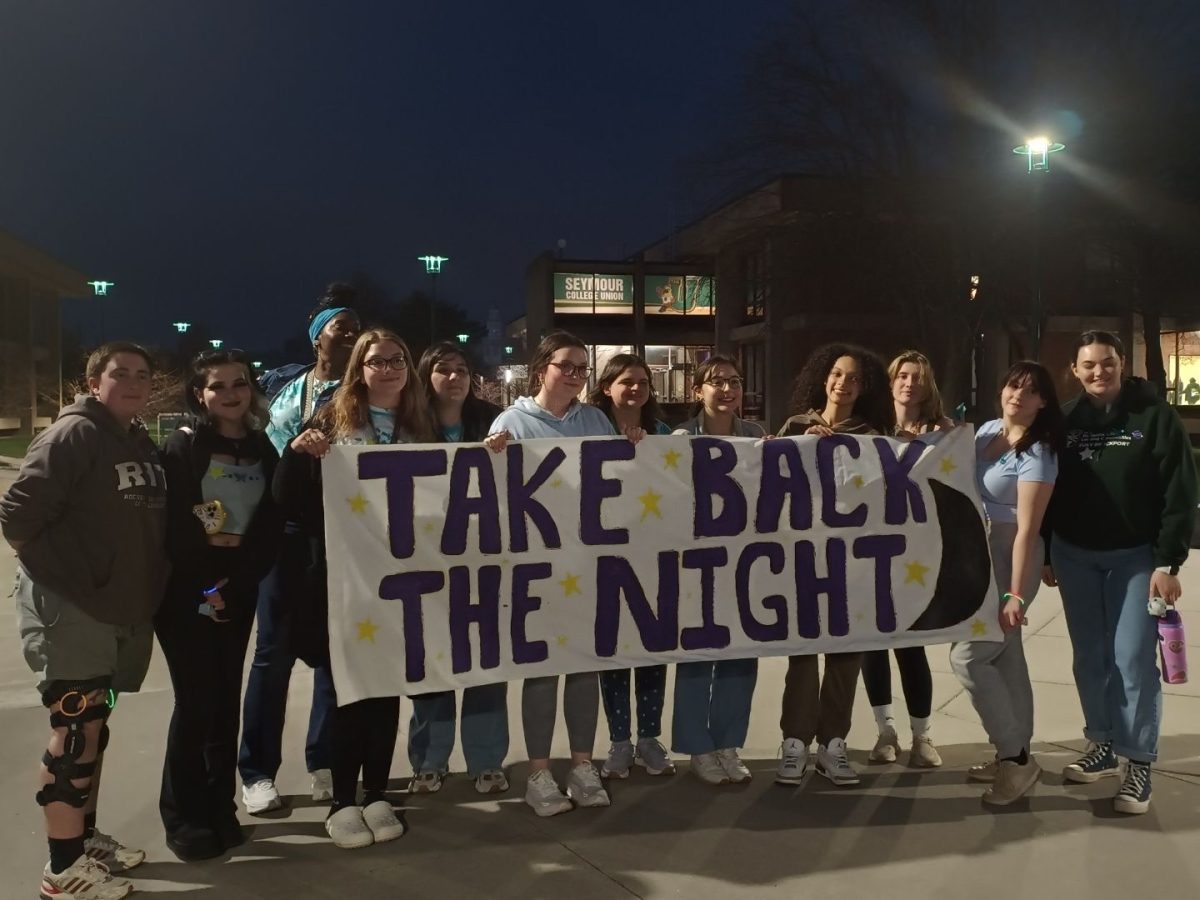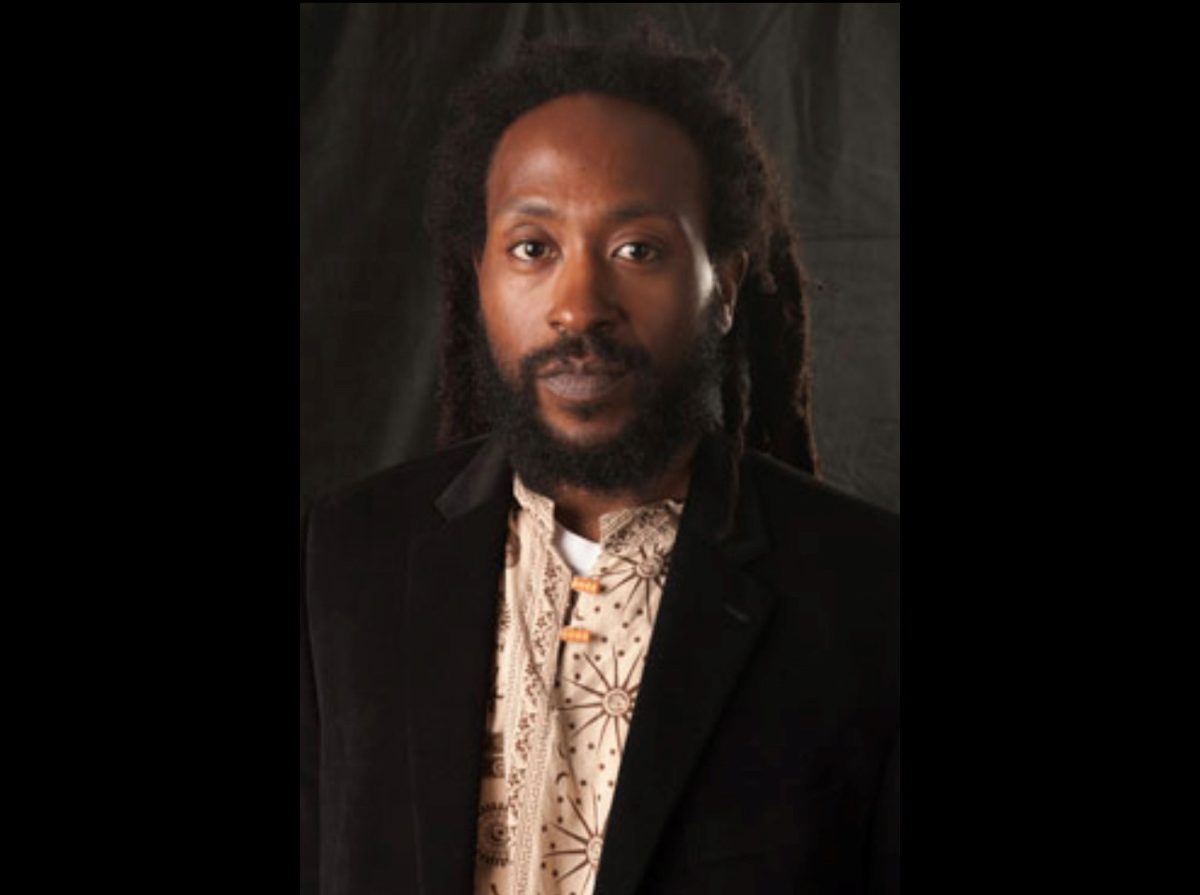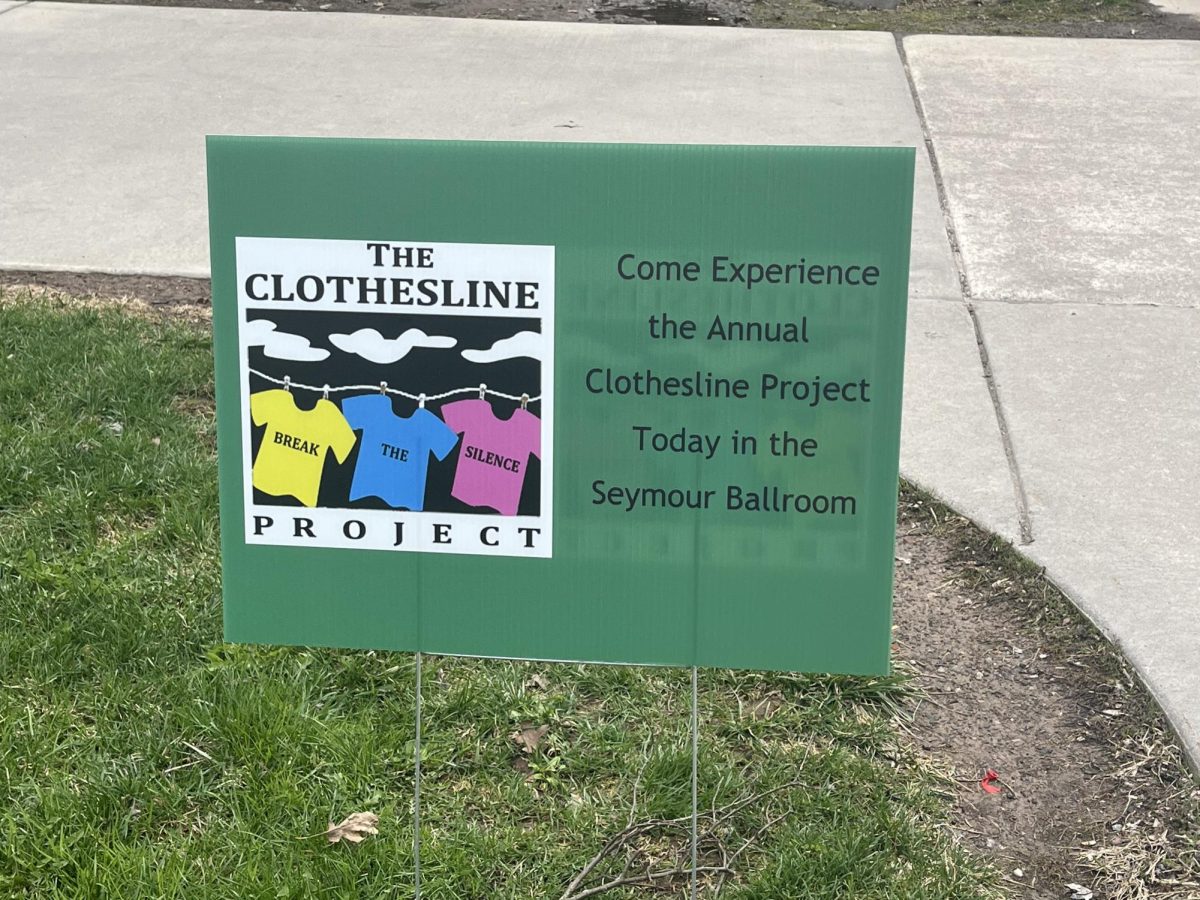SUNY Brockport counseling and education assistant professor Rafael Outland, who invited Jalil Muntaqim to speak on campus, stands by the original description of Muntaqim as a political prisoner and claims he was “unlawfully” convicted.
In 1971, Muntaqim was convicted of murdering two New York Police Department officers, Joe Piagentini and Waverly Jones, after luring them to the scene with a fake 911 call, ambushing and shooting them from behind. At the time, Muntaqim was a member of an offshoot of the Black Panther Party (BPP), called the Black Liberation Army (BLA). He spent nearly 50 years in prison and was denied parole several times until being released in 2020.
The BPP was a political organization founded in 1966 that was originally known as the Black Panther Party of Self Defense. The BLA was later developed out of BPP members and accused of being involved in over 70 violent crimes in the 1970s. One of those crimes being the murders of Piagentini and Jones, according to the United States Department of Justice.
According to Outland, the FBI’s Counterintelligence Program (COINTELPRO) operation “waged war” on the BPP and BLA. COINTELPRO was a series of projects aimed at surveilling and disrupting political organizations.
“As a result of Muntaqim’s involvement in those organizations (BPP and BLA), that’s where he, as well as many others, become political prisoners,” Outland said.
Out of sensitivity for the families of Waverly and Piagentini, Outland said he did not wish to elaborate on why he believes Muntaqim was unlawfully convicted. However, he believes there are more circumstances to be considered.
“Why is he even given that title (of a convicted murderer)? What was happening in that situation? What was the context?” Outland said.
Outland said the original description of the event on the SUNY Brockport calendar did not mention the murders Muntaqim committed out of sensitivity to the lives lost and to avoid making the crimes the focus of the event.
“I want to be as sensitive as possible about the language I use to describe anything,” Outland said. “For sensitivity to life lost and not making that (the murders) the focus.”
Outland said Muntaqim is a “dear friend and mentor,” and that he invited him to speak for educational value.
“My motivation for the event is to allow the SUNY Brockport community to learn from Jalil Muntaqim in a similar fashion that I’ve been privileged to,” Outland said. “He is somebody who we all can learn from and grow to love over time.”
Outland suggests this event titled, “History of Black Resistance, U.S. Political Prisoners & Genocide: A Conversation with Jalili Muntaqim,” will give students the unique opportunity to learn from someone who was directly involved in the complex era of history at the end of the Civil Rights Movement. According to Outland, the event will present a different narrative about that time than what is usually conveyed.
“People will learn what is the Black Panther Party, what is the Black Liberation Army, what is COINTELPRO,” Outland said. “I think oftentimes we’ve learned that (history) from government depictions. We will finally hear someone from that oppressed community during that context, who has a narrative about what was happening.”
Muntaqim will discuss his work as an “intricate figure” at the “We Charge Genocide: International Tribunal to the United Nations” conference. Outland also said Muntaqim will talk about his book “We Are Our Own Liberators,” which discusses taking responsibility for one’s freedom and creating the institutional methods by which Black people free themselves from a system of dependence.
“Because it’s going to be an educational endeavor, there will be several topics covered,” Outland said. “One (topic) is related to the history of Black oppression; so white supremacy, colonial settlerism and racialized violence toward Black people alongside the history of Black resistance to that oppression.”
Considering the protests in opposition to the event, backlash and outrage over Muntaqim’s invitation to speak on campus, Outland said some degree of a negative reaction was expected.
“Some might deem Muntaqim’s voice as one of dissent, as a form of resistance. So, in my opinion, repression (of the event) is somewhat expected,” Outland said.
Outland believes the decision to move the event online given the “college has the ability to bring out any kind of protection” is unfortunate.
“To lean on that (going online) so quickly only leads me to believe that the decision may have been more political rather than about security,” Outland said.
Despite the mixed responses to this event, it is still scheduled to take place virtually on Wednesday, April 6.

